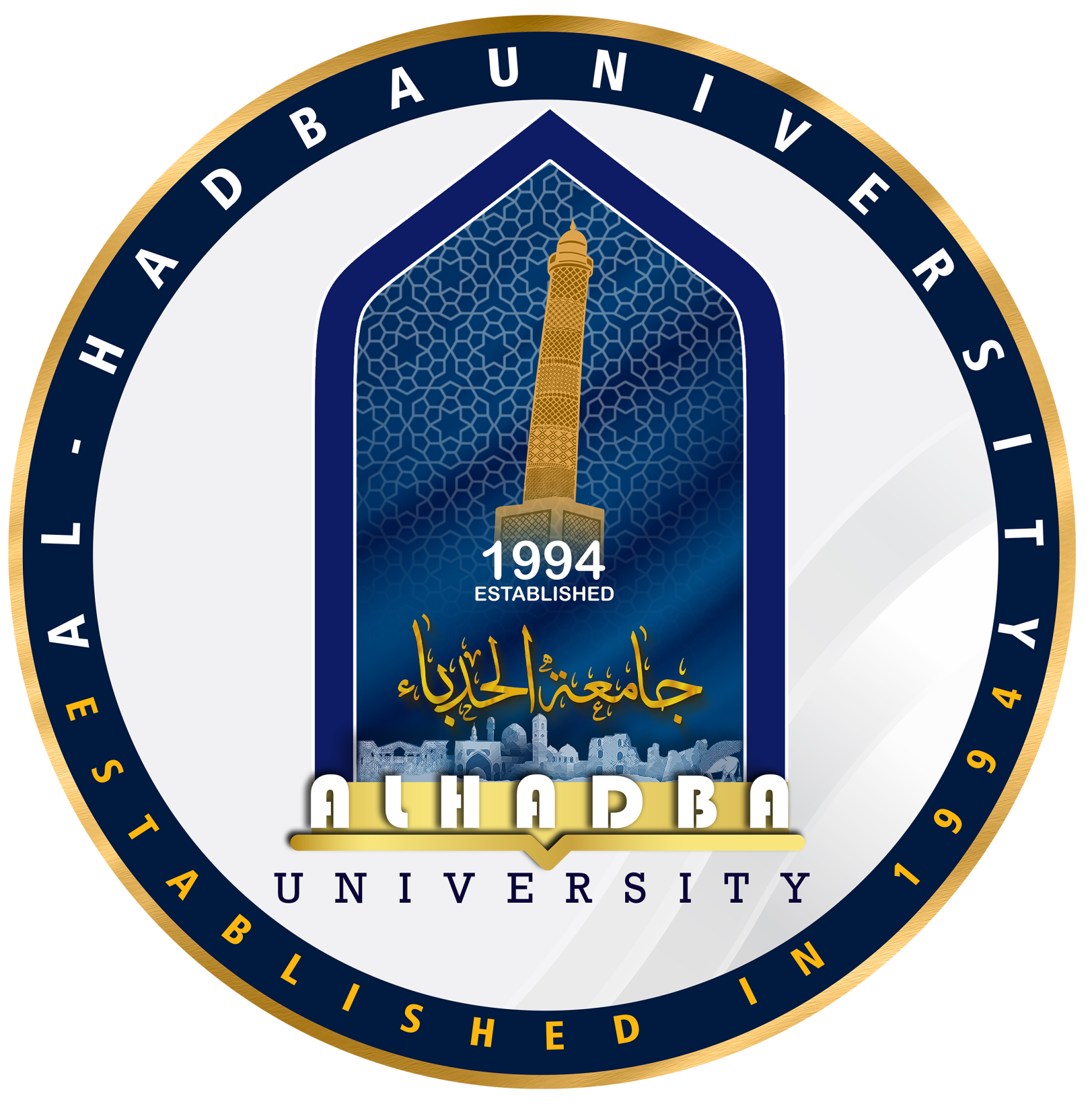
At Al-Hadba University (AHU), computer literacy is not just a skill—it’s a necessity. In today’s digital world, technology plays a pivotal role in education, research, and professional success. Recognizing this, AHU offers comprehensive Computer Literacy Programs designed to equip students with the essential digital skills needed to excel in their academic journey and beyond.
The AHU Computer Literacy Program is designed to provide students with a solid foundation in essential computer skills, focusing on tools and platforms that facilitate learning and productivity. From mastering Google Workspace to leveraging cloud-based storage with Google Drive, our program prepares students to navigate the digital world confidently.
Whether you are new to technology or looking to enhance your existing skills, our Computer Literacy Program provides the tools and resources to help you navigate the digital landscape with confidence.
Why Computer Literacy is Essential at AHU
- Digital Learning Environment: Many courses and academic resources at AHU are delivered through digital platforms. A solid foundation in computer literacy ensures students can access, engage with, and succeed in these formats.
- Professional Preparedness: In line with the Ministry of Higher Education and Scientific Research (MoHESR) guidelines, computer skills are integral to preparing graduates for the modern workforce.
- Research and Innovation: From conducting online research to using specialized software, computer literacy enables students to thrive in an increasingly technology-driven academic and professional world.
What the AHU Computer Literacy Program Offers
1. Foundational Skills
- Basic Computer Operations: Understanding hardware, operating systems, and file management.
- Typing and Word Processing: Efficiently creating and editing documents using programs like Microsoft Word.
- Email and Online Communication: Setting up email accounts, managing correspondence, and using communication tools effectively.
2. Academic Tools
- Gmail: Mastering email etiquette, managing inboxes, and using advanced features.
- Google Drive: Organizing files, sharing documents, and collaborating in real time.
- Google Docs, Sheets, and Slides: Creating professional-grade documents, data analyses, and presentations.
- Google Calendar: Managing schedules and setting reminders for academic and personal tasks.
3. Online Collaboration Tools
- Engaging in virtual meetings and classes using Google Meet.
- Collaborating on group projects through shared documents and chat features.
- Learning Management Systems (LMS): Training on AHU’s digital platforms for accessing course materials, submitting assignments, and engaging in discussions.
- Library and Research Tools: Navigating online academic libraries, databases, and citation tools.
- Presentation Software: Mastery of tools like PowerPoint for creating impactful academic presentations.
4. Advanced Digital Skills
- Spreadsheets and Data Management: Using Microsoft Excel or similar tools for data analysis and project management.
- Introduction to Programming: Basics of coding for students interested in technology and engineering fields.
- Cybersecurity Awareness: Best practices for protecting personal data and maintaining digital safety.
Who Should Enroll?
- New Students: Those entering AHU and unfamiliar with digital tools and platforms.
- Current Students: Individuals looking to improve their skills for coursework, research, or personal development.
- International Students: Non-native users of AHU’s digital systems who need support adapting to the technology.
Program Structure
1. Placement and Assessment
- Students begin with an assessment to determine their current skill level.
- Based on the results, they are placed in beginner, intermediate, or advanced classes.
2. Course Delivery
- Flexible Formats: Courses are offered online and in-person to accommodate different learning styles.
- Hands-On Learning: Interactive sessions focus on practical applications to ensure students gain real-world skills.
3. Certification
- Upon completing the program, students receive a certification that verifies their computer literacy, meeting MoHESR’s standards for academic and professional readiness.
Program Benefits
- Enhanced Productivity: Learn how to organize, collaborate, and manage your academic workload efficiently using digital tools.
- Ongoing Support: Access to tutorials, guides, and helpdesk support for any technical issues.
MoHESR Guidelines and Standards
The AHU Computer Literacy Program adheres to MoHESR regulations, which emphasize:
- The integration of technology into higher education curricula.
- Equipping students with digital skills as part of their academic development.
- Preparing graduates to meet the demands of the modern job market.
How to Enroll
Step 1: Register for the Placement Assessment
- Visit the Computer Literacy Office or AHU’s student portal to register for the initial assessment.
Step 2: Select a Course
- Based on your assessment results, choose a suitable class level and schedule.
Step 3: Begin Learning
- Attend classes, complete assignments, and take part in interactive workshops.
Contact the Computer Literacy Office
📧 Email: [email protected]
📞 Phone: 6235
📍Office Location: Digital Learning Hub, Al-Hadba University, Mosul, Iraq
Empowering Your Digital Journey at AHU
The AHU Computer Literacy Program is here to ensure every student is equipped to succeed in a digital-first world. With the right skills, you’ll be ready to tackle academic challenges, conduct research efficiently, and enter the workforce with confidence.
Invest in your future. Build your digital skills with AHU today!
